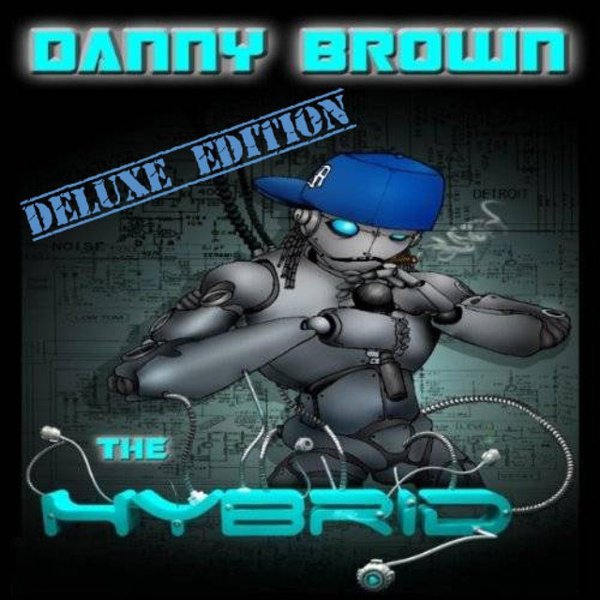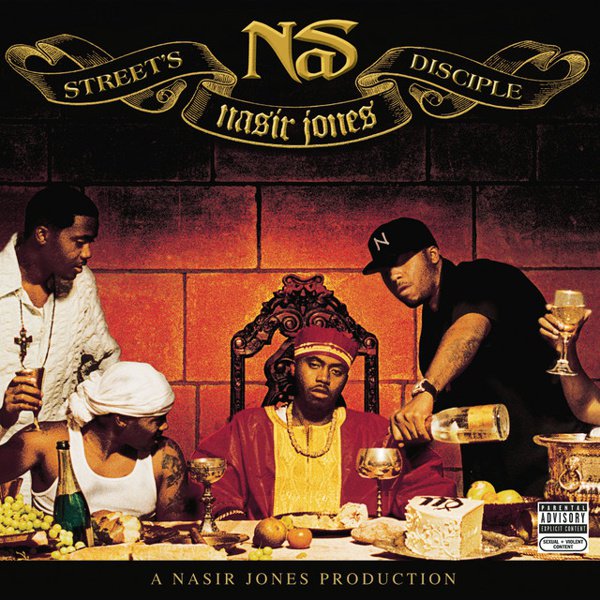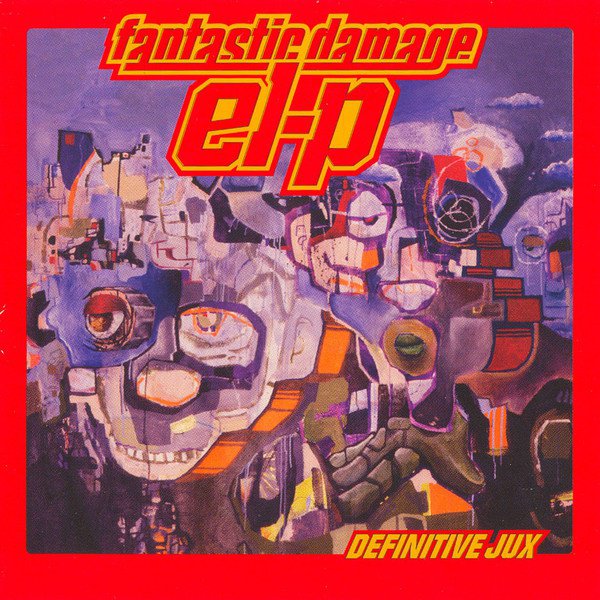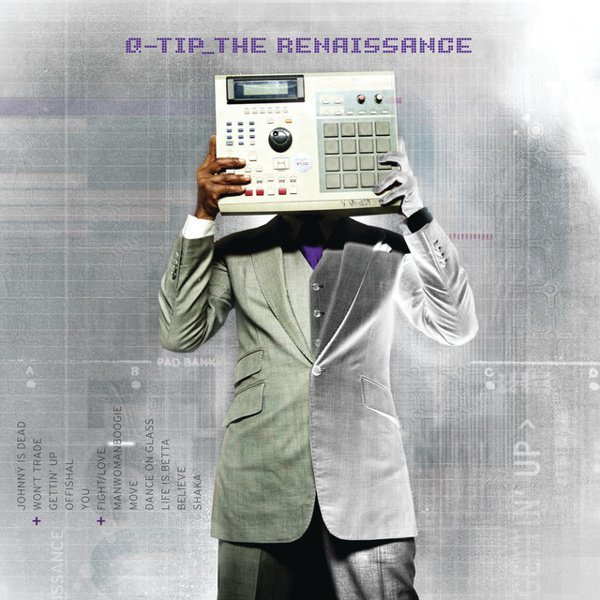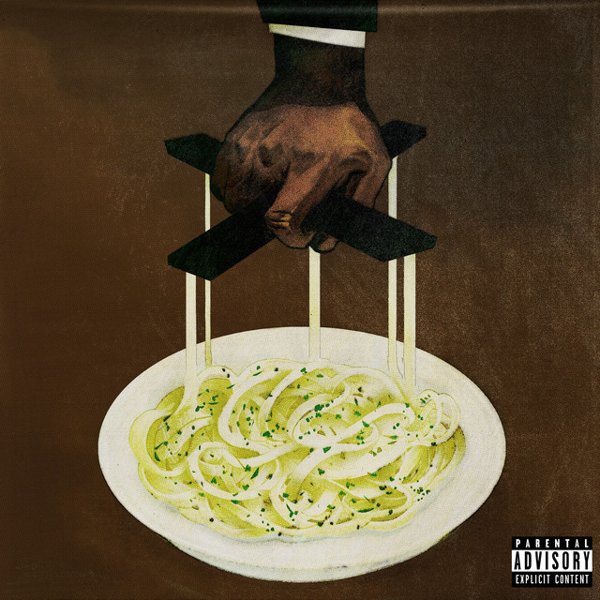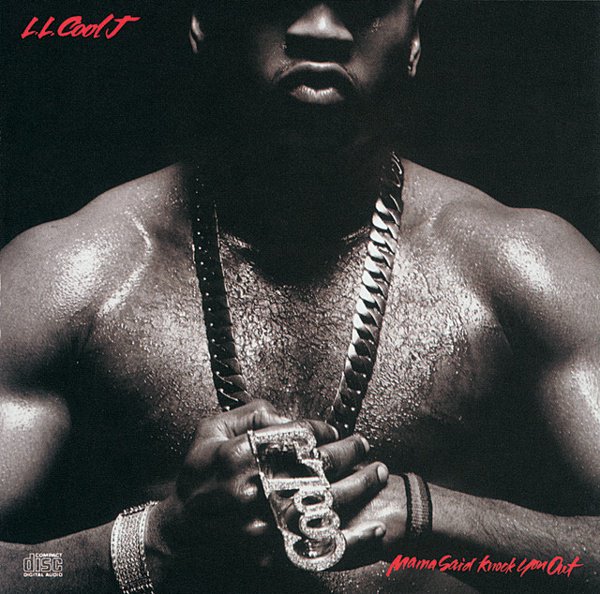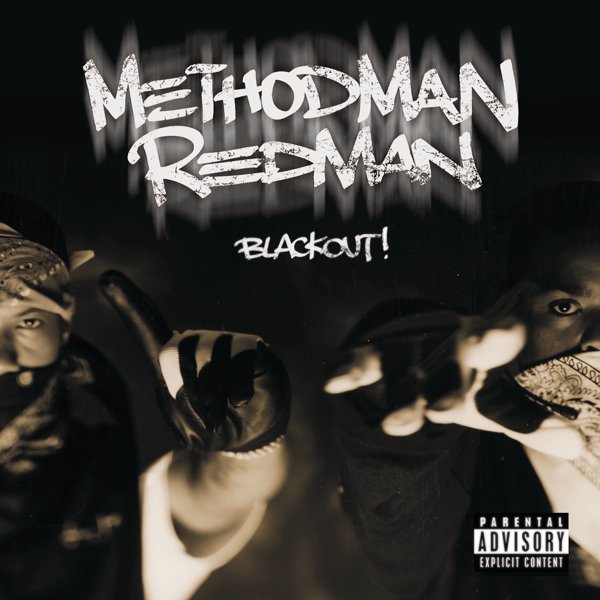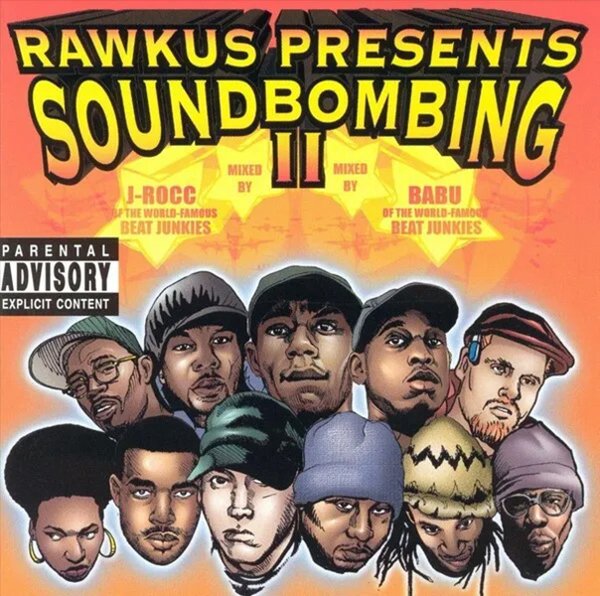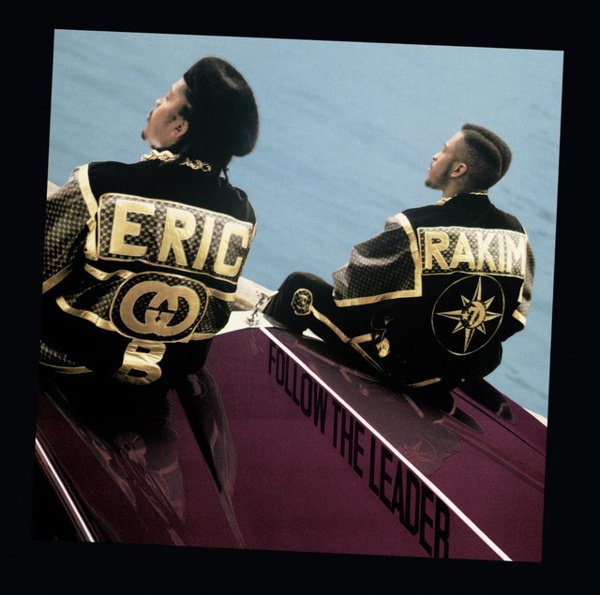
Recommended by
Follow the Leader
The question of what to do after revolutionizing the referential breadth, scheme-reformatting rhymes, and immersive storytelling of rap’s early established language seems like it’d take a major creative undertaking to answer. And maybe it did — but Rakim just had a way of making it feel like a simple matter of going yeah, and. It’s clear on Eric B. & Rakim’s sophomore LP Follow the Leader that the man was busting his ass to push himself creatively; the impossible-feeling precision and poise and agility he shows off on the opening title cut is a writer/performer reassuring listeners that there is no limit to the ambition his name-making debut showed. (“I can take a phrase that’s rarely heard/Flip it, now it’s a daily word” is the kind of lyric you drop in the first verse on an album when you realize your own sense of confidence is less a defense mechanism than a way to bring amazement into the world.) But he inhabits this mode with such a supernatural ease that his sense of untouchable cool has a light heart to it — he has depth, but he doesn’t belabor the point, even when he has a good time tweaking it. When the lyrical-addict showcase “Microphone Fiend” details his reaction to being denied a turn on the mic as a youth — “Cool, ‘cause I don’t get upset / I kick a hole in the speaker, pull the plug, then I jet” — it’s delivered with such a mixture of smooth panache and snotty defiance that renders the mood-swing contradiction in that statement into a great punchline in itself. And while later albums would elaborate on and expand past the admittedly rewarding subject of Rakim being exceptionally talented at this art form he cares about deeply, Follow the Leader doesn’t really even need to — those aforementioned classic cuts, alongside pure off-to-battle bangers like “Lyrics of Fury” and “No Competition” and “Musical Massacre,” prove that easily. No doubt the beats help — the collective unit, with a couple below-the-radar contributions from cult-hero producer The 45 King, took the late ’80s James Brown-break sound to places both crowdpleasingly familiar (Jimmy Castor Bunch’s foundational “It’s Just Begun” gets a thorough rejuvenation on “Musical Massacre”) and ambitiously weird (the title cut’s synth-bassline sprint, laced with phase-distorted orchestral flourishes from Bob James’ “Nautilus”). But it’s the voice on this album that really shook people — the confident young presence that made Paid in Full such a cultural shift revealing that the debut was, almost unfathomably, just a warmup.


